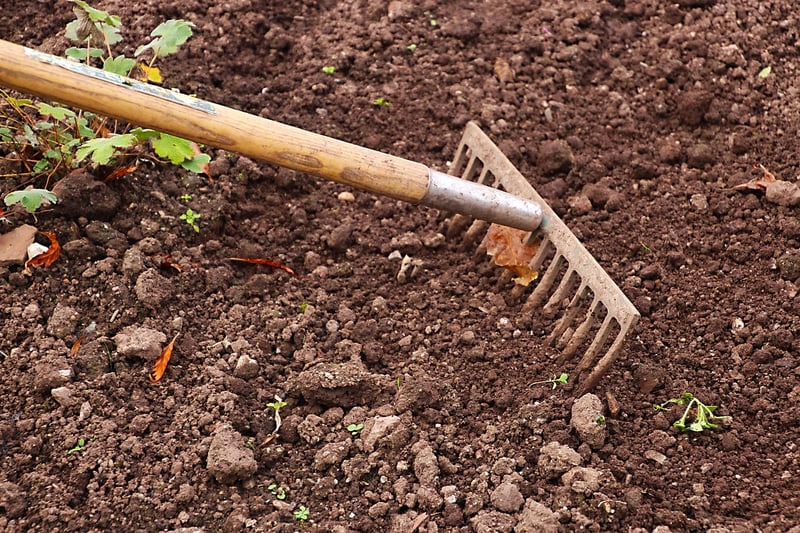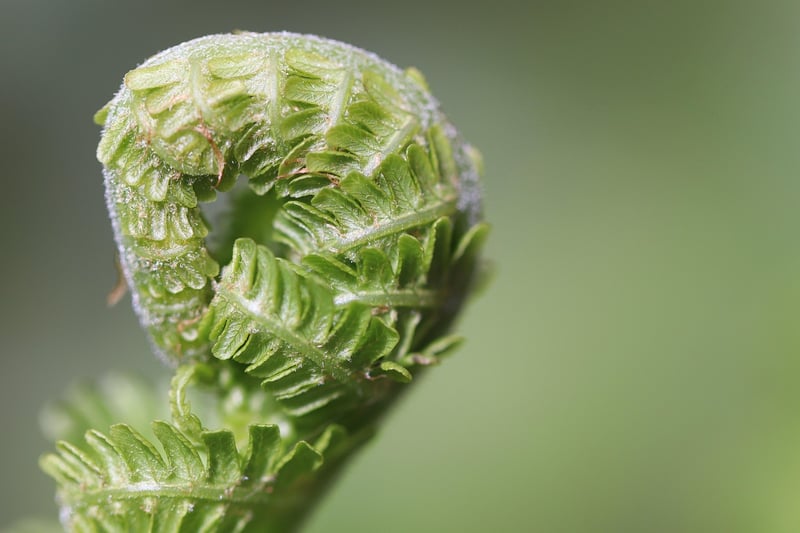Summer Harvesting Tips
#seasonal gardening
#gardening tips
#urban gardening
Gardening Tips by Season + Summer Harvesting Tips
Spring Gardening Tips
Spring is the perfect time to prepare your garden for the growing season. Here are some tips to get you started:
- Clear out any debris and weeds from the garden beds.
- Amend the soil with compost to provide essential nutrients for your plants.
- Start sowing seeds of vegetables and flowers that thrive in the spring.
- Prune any damaged branches and shrubs to encourage new growth.
Summer Gardening Tips
Summer is a time of abundance in the garden. Here are some tips to keep your garden thriving in the heat:
- Water your plants deeply in the morning to help them withstand the heat of the day.
- Protect your plants from pests by using natural remedies like neem oil or introducing beneficial insects.
- Harvest your vegetables regularly to encourage more production.
- Deadhead flowers to promote continuous blooming throughout the season.
Fall Gardening Tips
As the temperatures start to cool down, it's time to prepare your garden for the winter. Here are some fall gardening tips:
- Plant cool-season crops like lettuce, kale, and carrots for a fall harvest.
- Clean up your garden beds and remove any diseased plants to prevent overwintering pests.
- Add a layer of mulch to protect your plants' roots from frost.
- Start planting spring-flowering bulbs like tulips and daffodils for a colorful display next year.
Winter Gardening Tips
While the garden may seem dormant in winter, there are still tasks you can do to prepare for the next growing season:
- Plan your garden layout for the upcoming year and order seeds early.
- Clean and sharpen your gardening tools to be ready for spring.
- Start seeds indoors for plants that need a head start before the last frost.
- Check on your stored produce and discard any spoiled items.
Summer Harvesting Tips
Summer is the season of bountiful harvests. Here are some tips to make the most of your summer produce:
- Harvest vegetables like tomatoes, cucumbers, and zucchinis when they are ripe for the best flavor.
- Use a sharp knife or scissors to cut fruits and vegetables to avoid damaging the plant.
- Store harvested produce in a cool, dark place or in the refrigerator to prolong freshness.
- Preserve excess harvest by freezing, canning, or drying for later use.

Happy gardening!
